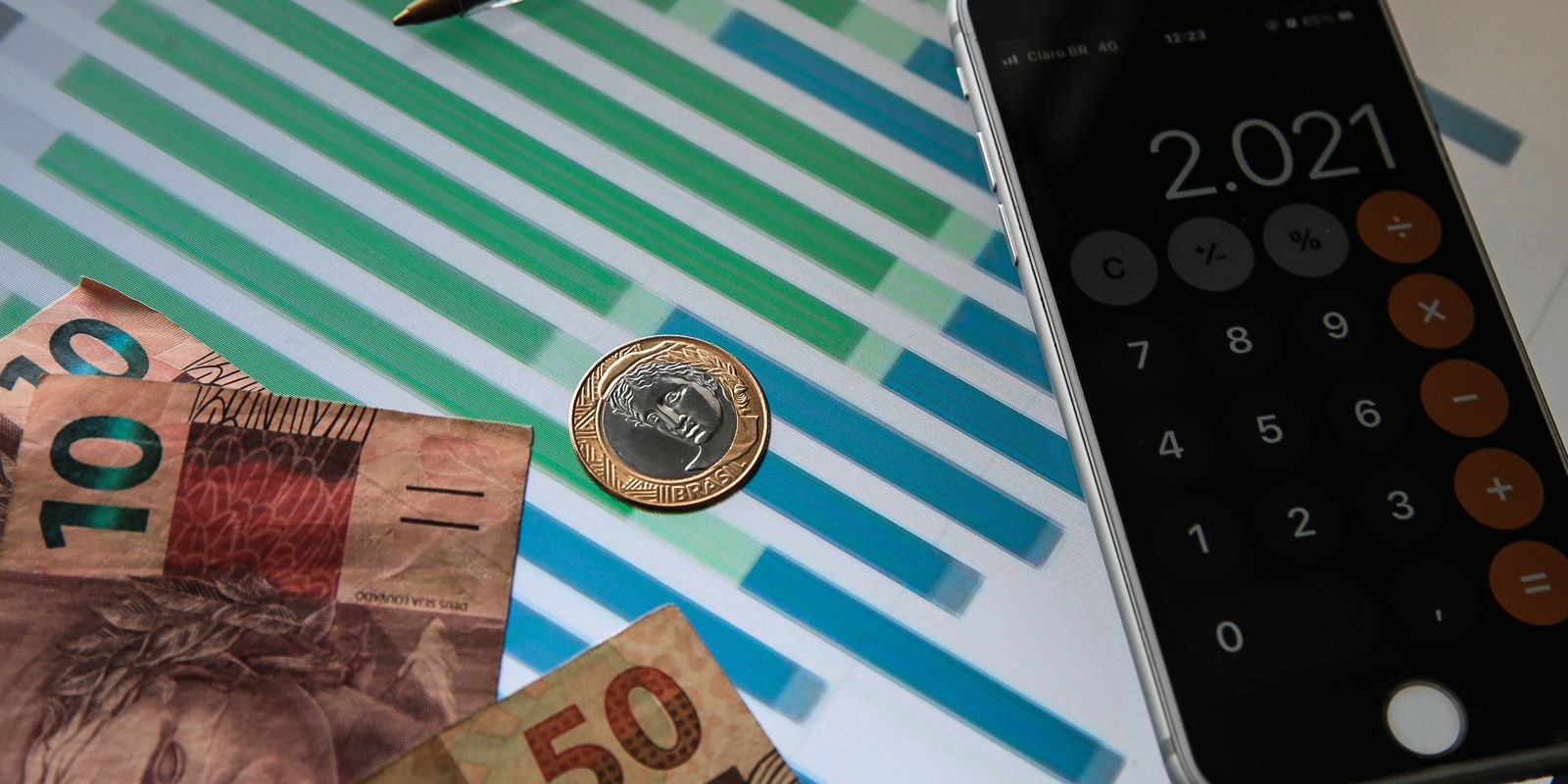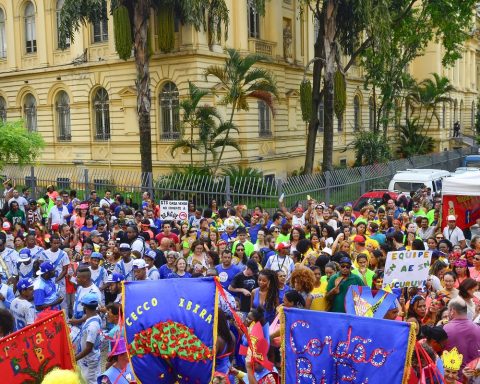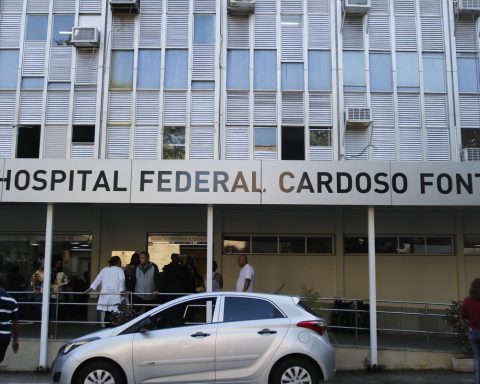The average interest rate charged by financial institutions, such as banks and cooperatives, closed the month of December at 24.4% per year, informed the Central Bank today (28). In January of last year, the rate was 20% per year. The result, which appears in the Monetary and Credit Statistics report, also shows that the increase was registered for both individuals and companies.
According to the document, the average interest rate for individuals increased from 24.3% in January to 28.7% in December. As for companies, the average interest on loans and financing increased from 13.4% to 17.4%.
There was also an increase in the average rate charged on credit card revolving credit, which rose from 329% to 349.6% per year. The revolving charge is made when the total amount of the invoice is not paid by the due date. The card installment rate closed December at 168.5%. As a result, the total credit card interest rate ended December at 63.9%. In the overdraft, the interest rate charged was 127.6%.
In free credit, the interest rate ended the year at 33.9% per year, an increase of 8.4 percentage points (pp) in relation to January. In this modality, banks have the autonomy to lend money raised in the market and set the interest rates charged to customers.
The report points out that in free credit to companies, the average interest rate stood at 20% per year, against 11.6% in January, with emphasis on the increase in the rate on long-term working capital (9.1 pp), discount on trade notes and receivables (6.3 pp), export financing (7.7 pp) and vehicle acquisition (6.8 pp).
In free credit to individuals, the interest rate reached 45.1% pa, an increase of 7.9 pp in the year, with emphasis on the increase in non-consigned personal credit (10.8 pp) and vehicle acquisition (7. 6 pp).
The Cost of Credit Indicator (ICC), which measures the average cost of all credit in the National Financial System (SFN), reached 18.4% per year, an increase of 1.6 pp compared to January. In non-revolving free credit, the ICC stood at 24.3% per year, with a variation of 1.9 pp over the year.
General credit default reached 2.3% in December, very close to the lowest value in the series observed at the end of 2020, when it stood at 2.1%. In free credit, this indicator increased by 0.2 pp in 2021, ending the year at 3.1%.
In directed operations, there was stability (0.1 pp) in 2021, ending the year at 1.2%. These operations have rules defined by the government, and are intended, basically, for the housing, rural, infrastructure and microcredit sectors.
credit volume
The report shows that, in 2021, the volume of SFN credit reached R$4.7 trillion, an increase of 16.5% in the year, compared to a variation of 15.6% in the previous year. Credit to companies increased by 11.1%, decelerating from 21.8% in 2020. Credit to households grew by 20.8%, compared to 11.2% in December 2020. In December 2021, total credit varied 1.9% with increases of 2.3% in the corporate portfolio and 1.7% in the individuals portfolio.
In 2021, free credit for companies reached R$ 1.3 trillion, an expansion of 18.3% in the year, a result that was below the growth recorded in 2020, when it stood at 21.2%.
“The growth in the modalities of duplicates and anticipation of card invoices, guaranteed account, vehicle acquisition and ACC stands out. Also noteworthy is the reduction in the working capital modality of up to 365 days, offset by the strengthening of the modality above 365 days”, says the report.
Free credit to families reached R$ 1.5 trillion, an increase of 22.8% in 2021. The result points to an acceleration in growth, since in 2020 the expansion was 10.8%. The highlight is the expansion of personal credit, vehicle acquisition and credit card operations.
In 2021, earmarked credit reached BRL 1.9 trillion, an increase of 10.8% in the year, decelerating after growth of 15.9% in 2020. The behavior was quite uneven between companies and individuals: while the former showed a retraction of 0.3% in the year (after an expansion of 22.8% in 2020), households grew by 18.4% (after an increase of 11.7% in the previous year).

















